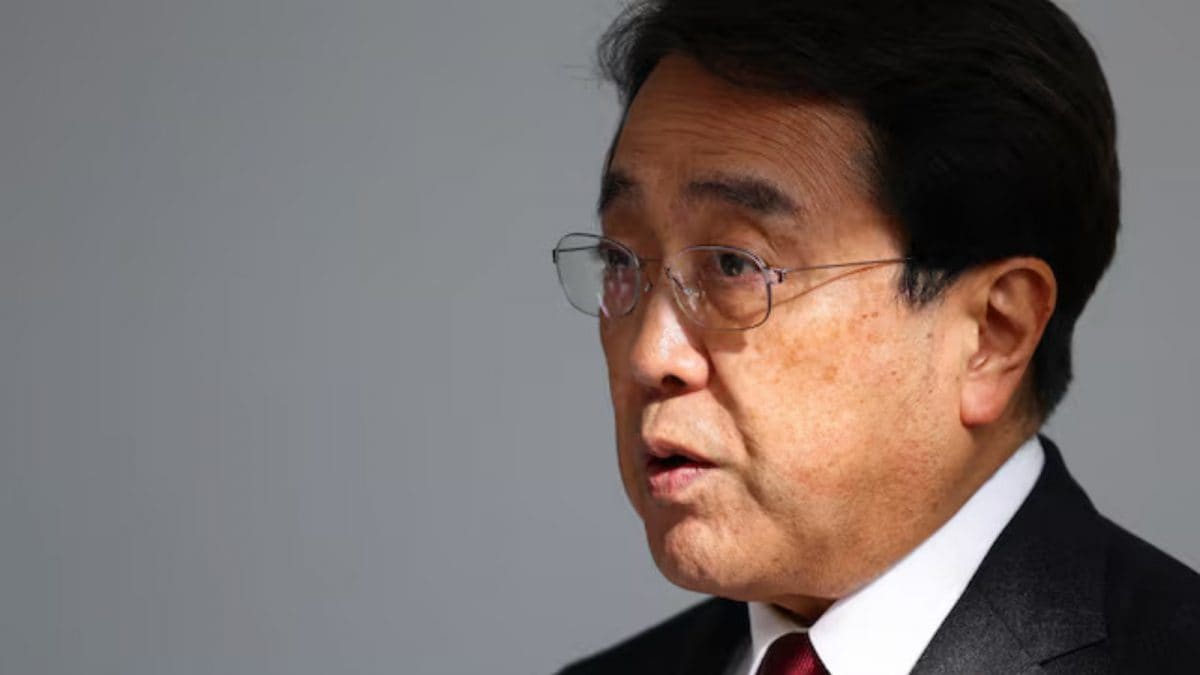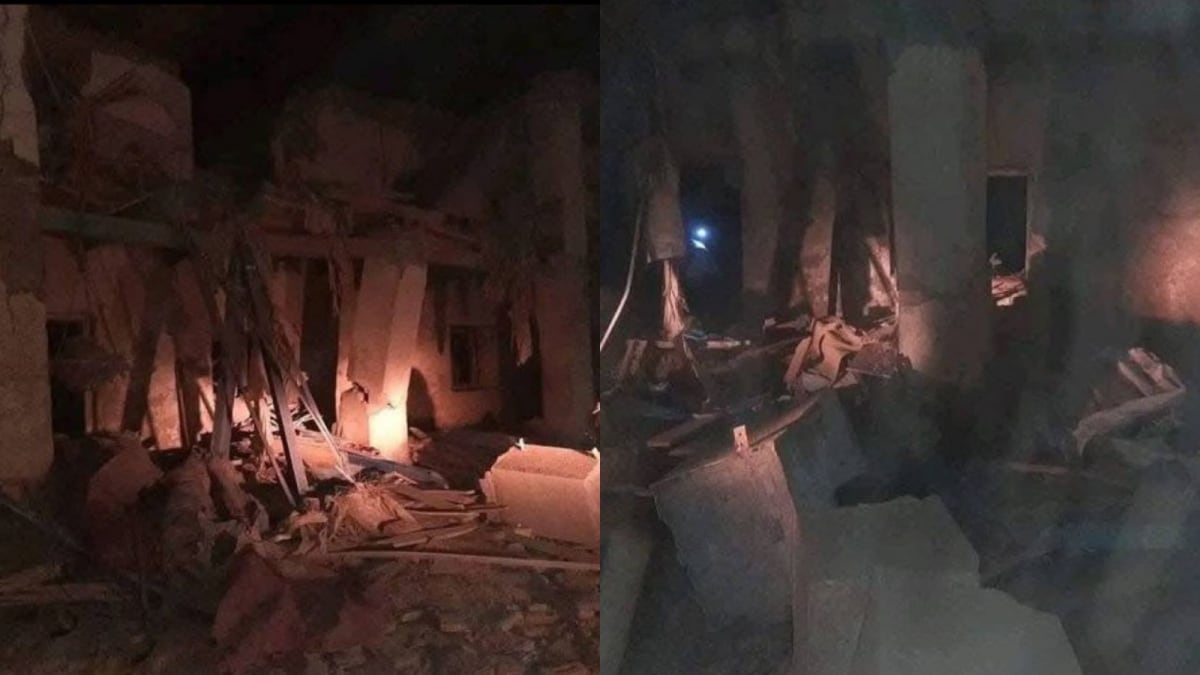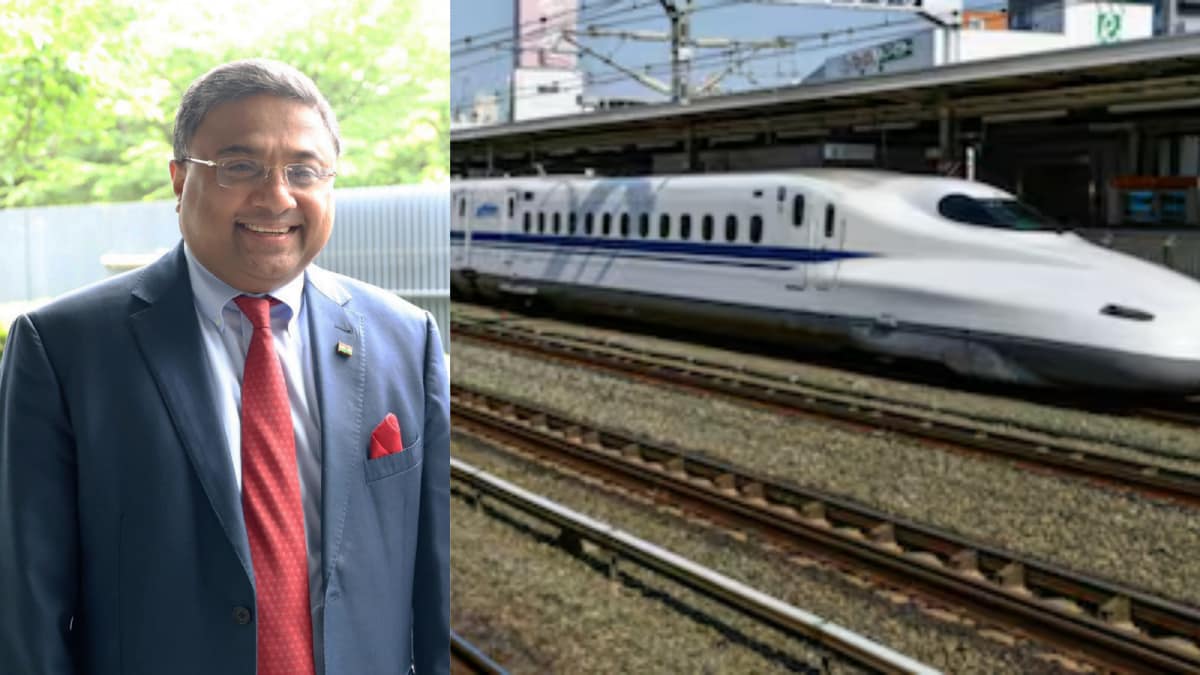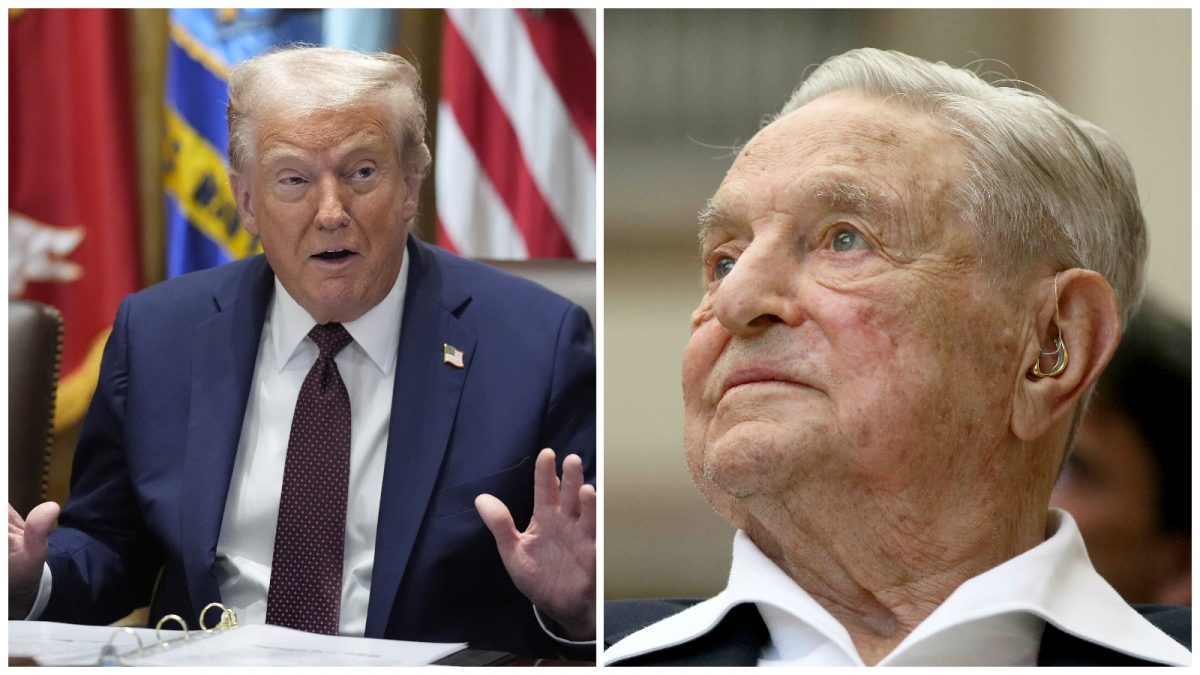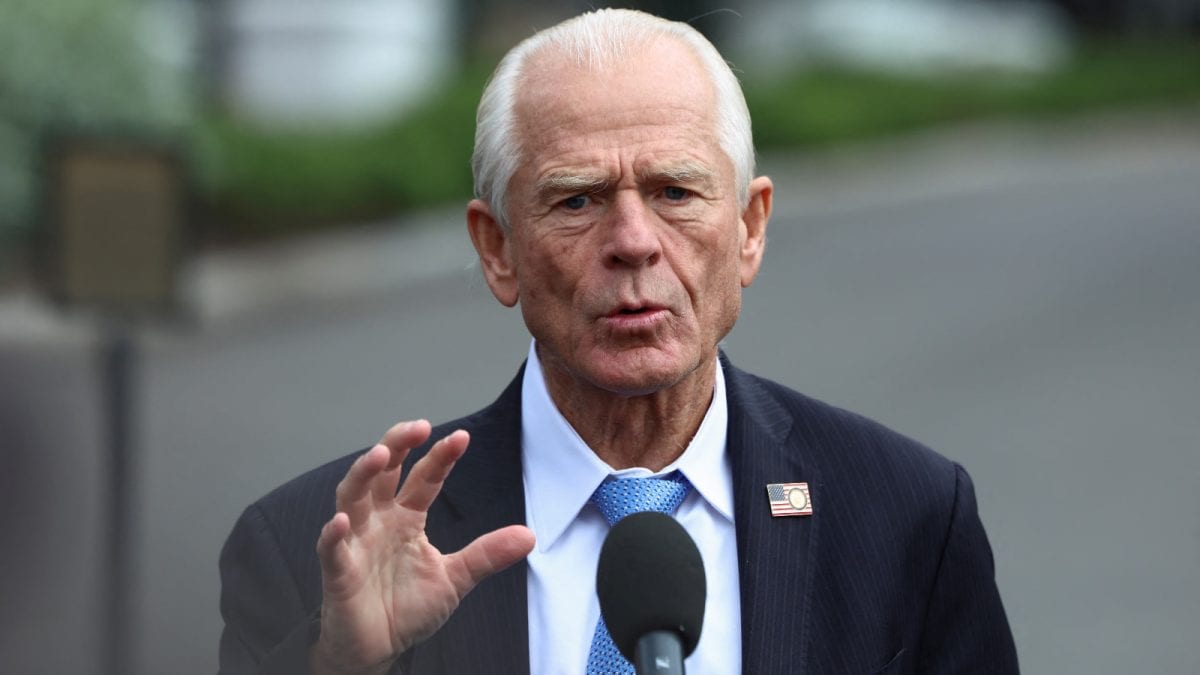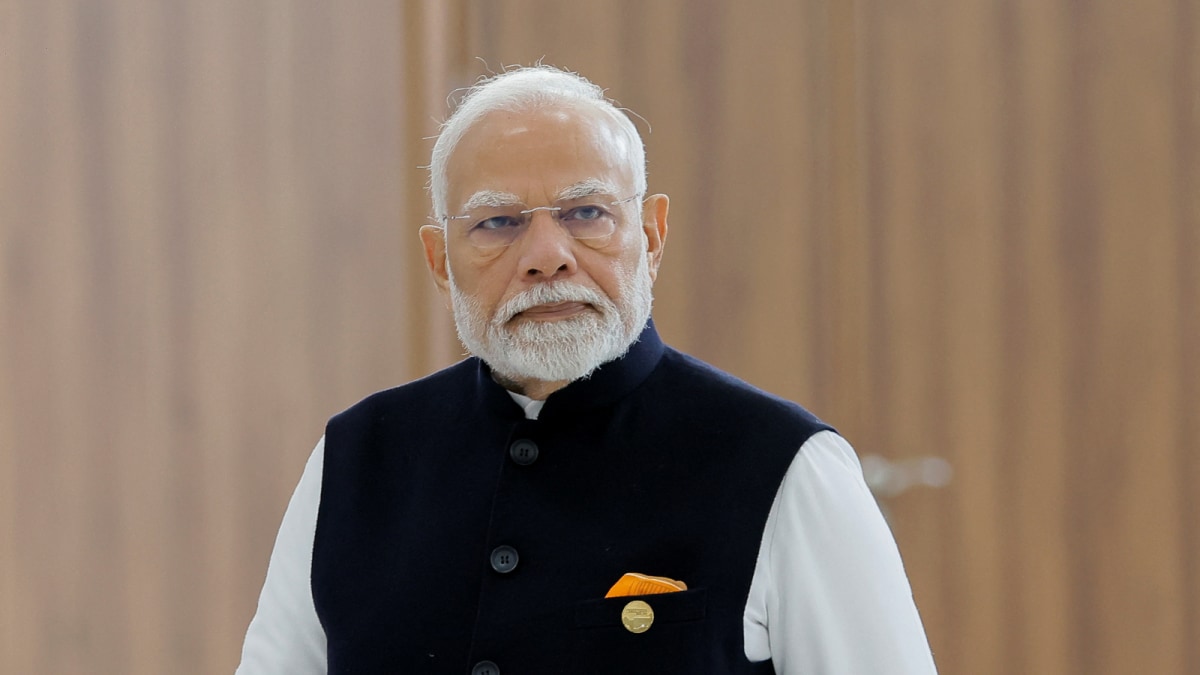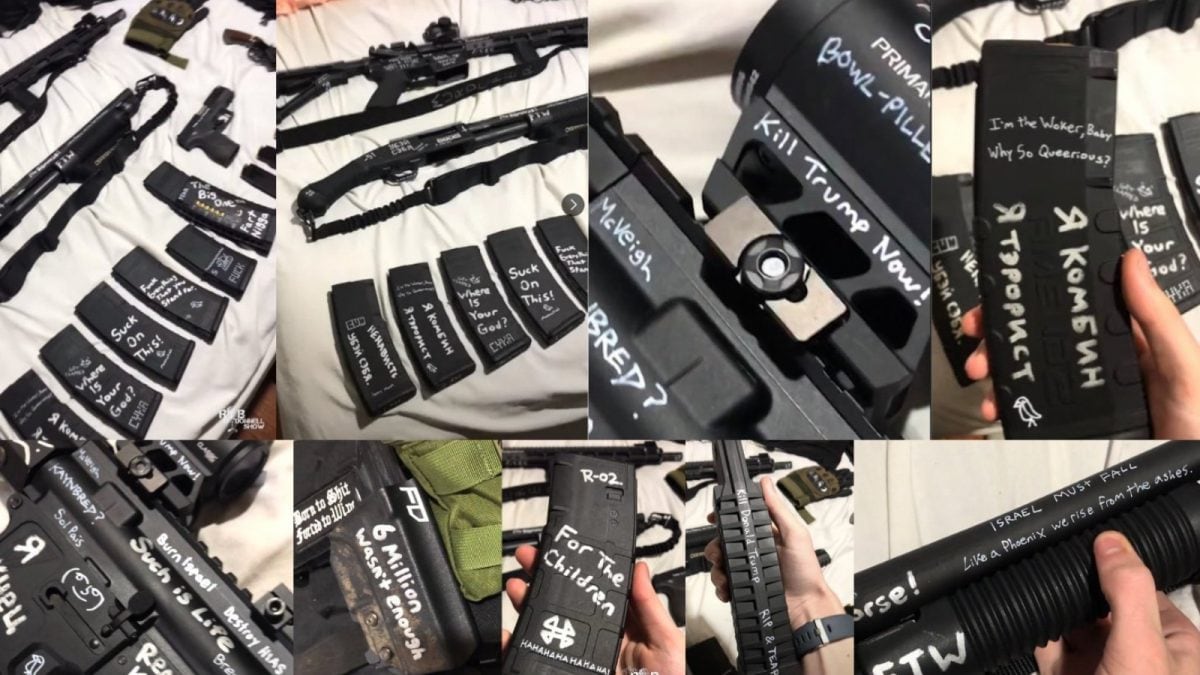Ministers are considering options to step in to save another major steel plant if its parent company collapses into administration after a key court case next week.
The business secretary, Jonathan Reynolds, is understood to be looking at what the government can do to support Speciality Steel UK (SSUK) – part of the Liberty Steel Group owned by Sanjeev Gupta – should it be faced with possible closure after Wednesday’s insolvency hearing.
Those close to the government’s thinking say Reynolds has not ruled out taking full control of the business, which employs 1,450 people at plants in Rotherham and Sheffield in South Yorkshire.
It would become the second plant to be run by the state after ministers took control of the similarly threatened British Steel plant in Scunthorpe from its Chinese owners – though Speciality Steel’s plants are likely to prove easier to sell to a different owner.
A government spokesperson said: “We continue to closely monitor developments around Liberty Steel, including any public hearings, which are a matter for the company.
“It is for Liberty to manage commercial decisions on the future of its companies, and we hope it succeeds with its plans to continue on a sustainable basis.”
Labour politicians in South Yorkshire have been pressing the business secretary for weeks for more support for the plants, which have lost £340m in four years. Liberty Steel has produced nothing at Rotherham for a year because of a lack of money to buy materials, despite having the UK’s largest electric arc furnace, although it has continued to pay staff.
Gupta, who lists his place of residence as the United Arab Emirates, is battling control of several businesses in his global metals empire, GFG Alliance, which has faced severe financial pressure since the failure of Greensill Capital, a lender that collapsed in 2021 after loaning GFG about $5bn (£3.7bn). Gupta has been engaged in long-running talks with the administrators of Greensill, who are trying to recover the money.
Gupta has been looking for new investment in SSUK before next week’s court case, and has told union leaders he is in advanced talks with a major investor. Court documents revealed previous talks to sell the company came to nothing.
A spokesperson for the union Community said: “Following recent discussions with the company, we understand that Liberty are in advanced talks with a major investor. While we await further information on this, we remain deeply concerned about the situation at SSUK.
“Should the worst happen next week, the government will need to step in to protect jobs and the strategically important assets.”
Reynolds last month told parliament the government was “closely monitoring” the situation at SSUK, adding ts workers were “a national asset and that I want them to have a strong future as part of our overall steel strategy”.
People close to Reynolds say he has ruled out putting in any government money while Gupta is still in control of the company, but is thought to be more open to the idea of putting in money should the tycoon lose control after next week’s hearing.
skip past newsletter promotionafter newsletter promotion
GFG has been under investigation by the Serious Fraud Office for suspected fraud, fraudulent trading and money laundering since May 2021. The group has previously denied any wrongdoing.
Andy Prendergast, the national secretary for the GMB union, said: “GMB strongly supports government intervention to maintain operations whilst we identify a sustainable plan to ensure the viability of this crucial player in one of our key industries.”
A Liberty Steel spokesperson said: “Liberty Speciality Steel remains a valuable business with the right assets and skills. There is strong demand for the kind of steel we produce, especially in aerospace, defence and energy. Our plan has always been to keep Speciality Steel going and to run it well – we are in regular contact with government and discussions continue with creditors.”
The spokesperson added that the government’s industrial strategy, changes to steel import quotas and “favourable trade tailwinds” were “aligned to drive demand for SSUK’s high-grade steel products that are melted and poured in the UK with lower carbon emissions than blast furnace alternatives”.
Officials say they believe the government would not have to stay in control of the operations for long, given the plants already run on efficient electric arc furnaces, making them more appealing for future investors. Finding a potential buyer for the ageing, polluting Scunthorpe blast furnaces is more complicated, because they will inevitably need to be upgraded to cleaner electric arc furnaces at a cost of at least £1bn.
If Liberty Steel were to be put into administration, industry sources suggested the government could follow a similar plan to that when British Steel’s Scunthorpe site was threatened with closure in 2019. In that case, the government appointed an official receiver to continue operations while looking for a buyer.

 1 month ago
1 month ago

